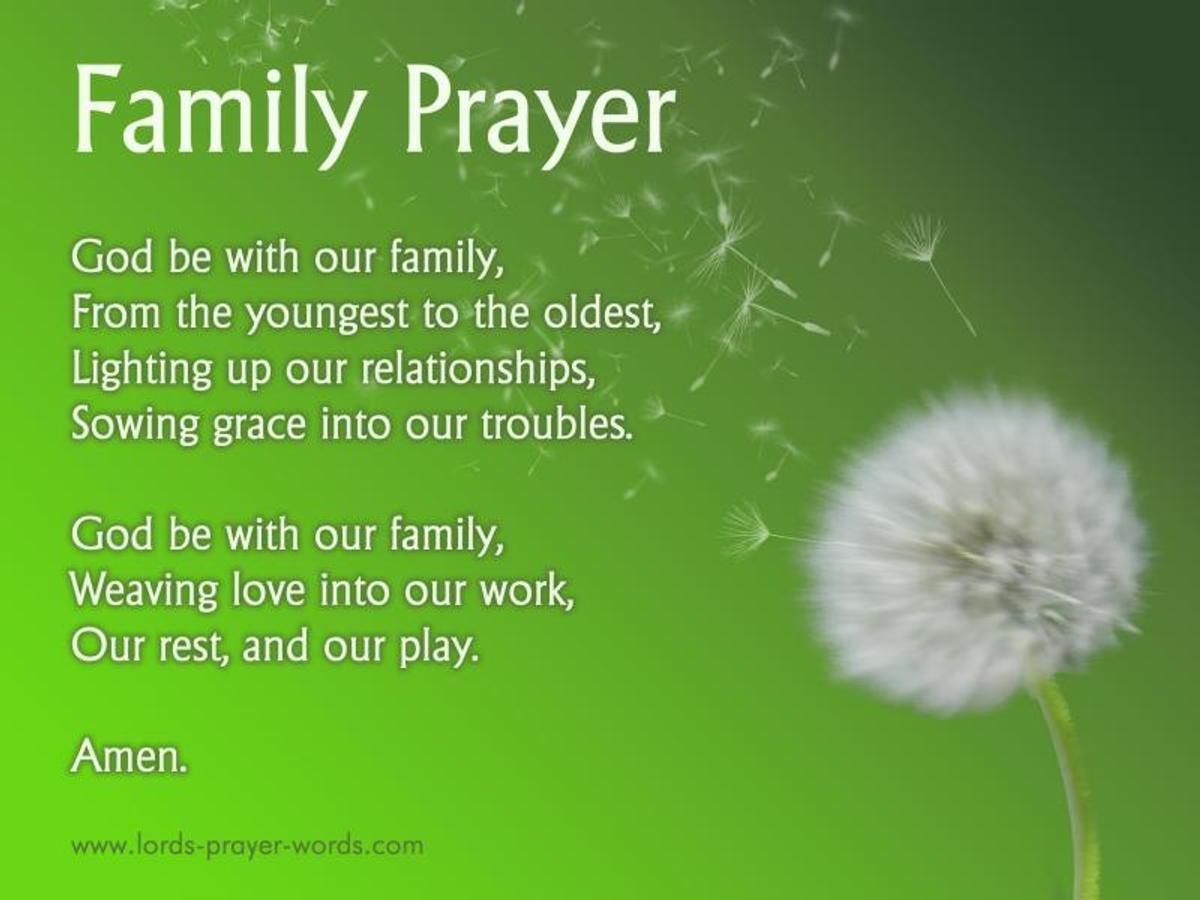From the Principal's Desk

Learning about G. E. M.
" We focus on the wellbeing of all learners as they flourish in a nurturing, respectful environment." (Resurrection School Vision Statement)
The Victorian Government allocated a Wellbeing Boost Grant to all primary school for this year. Our school used the grant to partner with The Resilience Project. At the core of The Project are:
GRATITUDE- being thankful for what you have
EMPATHY- putting yourself in someone else's shoes
MINDFULNESS- the ability to 'be in the moment'
By developing empathy you will build trust and deepen your relationships. It is key to success in life. At school, students are encouraged to develop an understanding of people's thoughts, motivation, feelings and actions thus building empathy for others.
So what is empathy?
Empathy isn't:
- Dominating conversations
- Ignoring non-verbal cues
- Dismissing feelings with phrases like "I know how you feel" or "toughen up"
- Minimising problems, rushing, trying to fix issues, or focusing on yourself
- Being indifferent, giving unsolicited advice, interrupting, judging, or showing pity
Empathy Is:
- Being patient, actively listening, and showing curiosity
- Holding space, offering comfort, and confirming understanding
- Being present, respecting boundaries, and gently asking questions
- Recognising another's perspective and being emotionally available
Six Ways to Develop and Show Empathy to others:
1. Be Present - Focus fully on the speaker without interrupting.
2. Reflect Back the Feelings - Use phrases like, "It sounds like you're feeling..."
3. Ask Open-Ended Questions - Encourage them to share more gently.
4. Avoid Judgment - Keep an open mind and heart.
5. Offer Support, Not Solutions - Ask, "How can I support you?"
6. Practise Patience - Give them time to express themselves.
OUR MULTI-GENERATIONAL SCHOOL
On Friday, we will welcome over 150 Grandparents to our school. We will celebrate them with Mass at 9.30a.m. After Mass there will be Morning Tea in the Little Chapel followed by a family activity in the classrooms. The focus of the activity is different cultural names for grandparents.
Research suggests that grandparent involvement in the lives of their children and grandchildren improves overall wellbeing for all concerned.
According to Professor Margaret Sims, Honorary Professor of Early Childhood at Macquarie University, grandparents provide emotional support around parenting as well as financial and practical support. Professor Sims claims the phrase ‘it takes a village to raise a child’ suggests that when we restrict child rearing to the nuclear family, we are doing children a disservice. “Research suggests that it is beneficial to children to form multiple attachments, that is to bond with more than their parents,” Prof Sims says.
Families from different cultures often have different expectations in regards to intergenerational relationships. “In some countries it is not uncommon for multigenerational families to live together in the same dwelling, and in these circumstances grandparent involvement in child rearing is expected as the norm,” Professor Sims says. In other cultures, the expectations are very different and it is not uncommon for families to exclude grandparents or attempt to limit their involvement."
There’s little doubt that, in a perfect world, the benefits of grandparents in a child’s life is something many parents would see as invaluable.
The benefits of grandparent involvement in family life, in ideal circumstances, can include:
- Improved health and wellbeing for all
- Financial support
- Emotional/social/psychological support
- Better developmental outcomes for children
For any children who don’t have a grandparent in their life, either due to death, estrangement, or by living far away, Professor Simms says other people can still help to establish a circle of security. “The relationships don’t have to be with biological grandparents if these are unavailable. I think there is value in parents establishing a circle of security around their children so there are multiple others who know the children well, who have strong relationships with the children and who can step in and provide whatever support is needed,” Professor Sims says. (First Five Years)
My own family was surrounded by the love and support of a truly wonderful, kind and caring Gran, my beautiful Mum, so we understand the depth and value of these family relationships and their lifelong impact.
Jane Dunstone
PRINCIPAL
